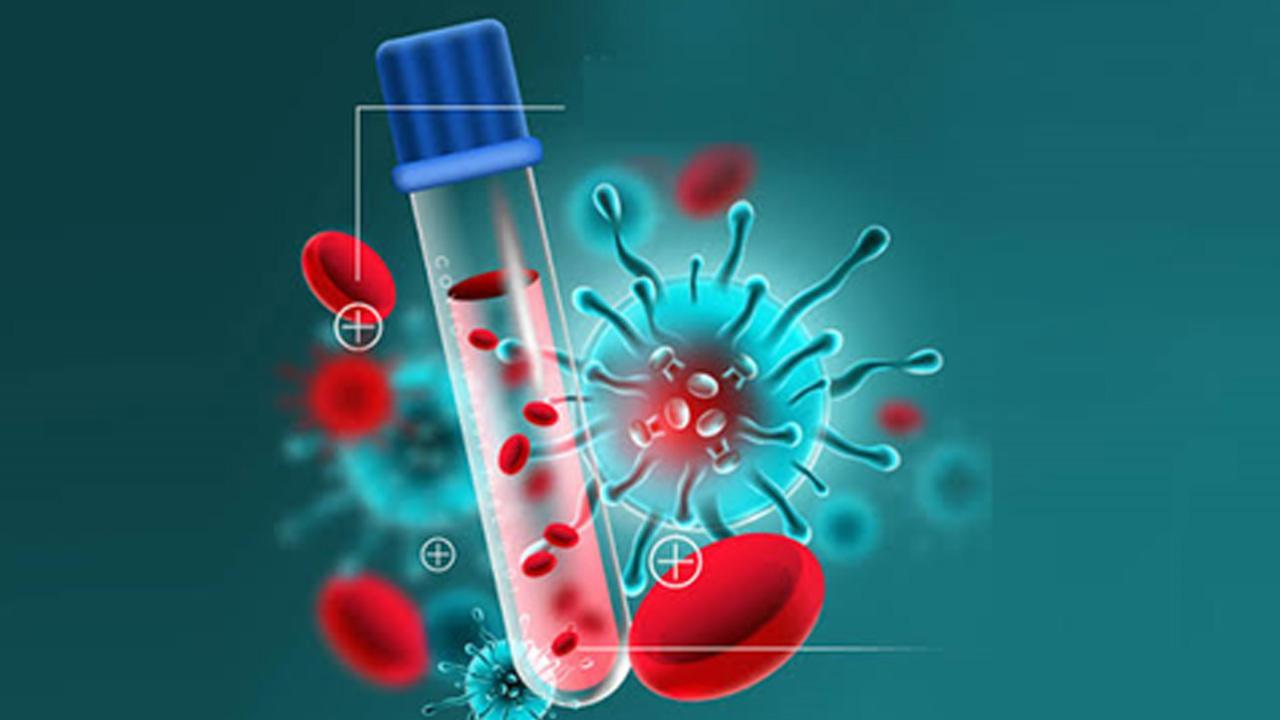As the COVID-19 pandemic continues to impact communities worldwide, reliable diagnostic testing plays a crucial role in managing the spread of the virus.

The COVID-19 pandemic has brought significant attention to diagnostic tests, particularly the RT-PCR test. Let us evaluate the efficiency of this test in accurately identifying COVID-19 infections.
ADVERTISEMENT
As the COVID-19 pandemic continues to impact communities worldwide, reliable diagnostic testing plays a crucial role in managing the spread of the virus. Notably, the RT-PCR (reverse transcription polymerase chain reaction) test has emerged as the gold standard for detecting the presence of the SARS-CoV-2 virus, which causes COVID-19. So, let’s delve into the efficiency of this test and explore its role in detecting the COVID virus accurately.
What is the RT-PCR Test?
The RTPCR Test is a molecular diagnostic test that detects the genetic material of the SARS-CoV-2 virus in a patient's respiratory sample. It involves the extraction of ribonucleic acid (RNA) from the sample and its conversion into complementary DNA (cDNA). This cDNA is then amplified using a process called polymerase chain reaction (PCR) to detect the presence of viral genetic material.
How Does the RT-PCR Work?
This test follows a standardized procedure to detect the COVID virus accurately. It begins with the collection of a respiratory sample, such as a nasopharyngeal or oropharyngeal swab. The sample is then transported to a laboratory, where RNA extraction takes place. The extracted RNA is converted into cDNA using reverse transcription. The cDNA is then amplified through multiple cycles of PCR, which exponentially increases the viral genetic material if present in the sample. The amplified material is analyzed, and the presence or absence of the SARS-CoV-2 virus is determined.
The Efficiency of RT-PCR
The efficiency of any diagnostic test is often measured by its sensitivity and specificity. Sensitivity refers to the test's ability to correctly identify individuals with the disease, while specificity denotes its ability to accurately identify individuals without the disease. The RT-PCR test has demonstrated high sensitivity and specificity in detecting the COVID virus, making it a reliable tool for diagnosing COVID-19 infections.
Factors Affecting the Accuracy of RT-PCR
While this test is highly efficient, certain factors can affect its accuracy. These factors include the quality of the collected sample, the timing of the test in relation to symptom onset, and the presence of genetic variations in the virus. It is crucial to consider these factors to ensure the reliability of the test results.
Advantages of the RT-PCR
The RT-PCR test offers several advantages that contribute to its efficiency in detecting the COVID virus. Firstly, it can detect the virus early in the infection cycle, even before symptoms manifest. Additionally, it can differentiate between various strains of the virus and provide valuable data for genomic surveillance. This test also allows for quantitative analysis, providing information about the viral load in a patient's sample. This data is crucial in determining the severity of the infection and monitoring the progression of the disease. Furthermore, the RT-PCR test has undergone rigorous validation and has been widely adopted as the standard diagnostic tool for COVID-19.
Limitations of the RT-PCR
While RT-PCR has numerous advantages, it also has some limitations that should be considered. One limitation is the potential for false negatives, particularly during the early stages of infection or if the sample collection is inadequate. False negatives can occur if the viral load is below the detectable threshold or if the virus is present in a different anatomical site. It is essential to interpret the test results in conjunction with clinical evaluation and other diagnostic information.
Comparing the RT-PCR Test with Other COVID-19 Tests
Several diagnostic tests have been developed to detect COVID-19, each with its strengths and limitations. Rapid antigen tests provide quick results, but they may have lower sensitivity compared to the RT-PCR. Antibody tests, on the other hand, detect the body's immune response to the virus and are useful for identifying past infections. However, they are not suitable for diagnosing acute COVID-19 cases. Each test serves a specific purpose in managing the pandemic, and the choice of test depends on the clinical scenario and testing goals.
All in all, the RTPCR test has proven to be highly efficient in detecting the SARS-CoV-2 virus and diagnosing COVID-19 infections. Its high sensitivity and specificity, along with the ability to detect the virus early in the infection cycle, make it an invaluable tool in managing the spread of the disease. However, it is essential to consider the limitations and factors that can affect the accuracy of the test results.
The RT-PCR, in combination with clinical evaluation and other diagnostic methods, contributes significantly to our understanding and control of the COVID-19 pandemic. Order your RT-PCR test from Apollo 24|7, and get your results the same day.
 Subscribe today by clicking the link and stay updated with the latest news!" Click here!
Subscribe today by clicking the link and stay updated with the latest news!" Click here!








